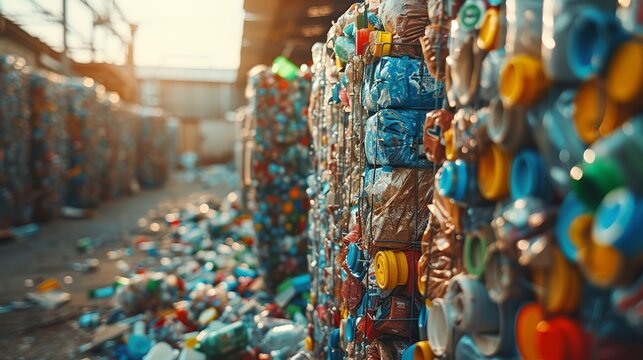Proper waste management involves a combination of strategies aimed at minimizing waste generation, promoting waste reduction and recycling, and ensuring safe and environmentally sound disposal of residual waste. It involves encouraging the use of products with minimal packaging or packaging that is recyclable or biodegradable, Implementing policies and initiatives to reduce food waste through meal planning, portion control, and composting, Providing convenient recycling collection points and drop-off centers for residents and businesses, Educating the public about the importance of recycling and providing guidance on sorting recyclable materials, Promoting composting of organic waste, including food scraps, yard waste, and non-recyclable paper products, Properly managing and regulating landfill sites to minimize environmental contamination and public health risks, Establishing specialized collection and disposal programs for hazardous materials such as batteries, electronics, chemicals, and pharmaceuticals.
Educating the public and businesses about proper handling, storage, and disposal of hazardous waste to prevent environmental contamination and health hazards. Additionally, ongoing research and innovation in waste management technologies and practices can further improve efficiency and effectiveness in waste reduction and resource recovery. By implementing a comprehensive approach that incorporates these waste management methods, communities can minimize environmental impacts, conserve resources, and promote a more sustainable and circular economy.

